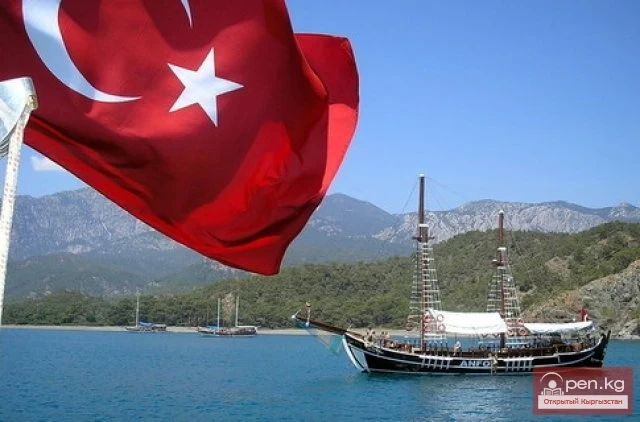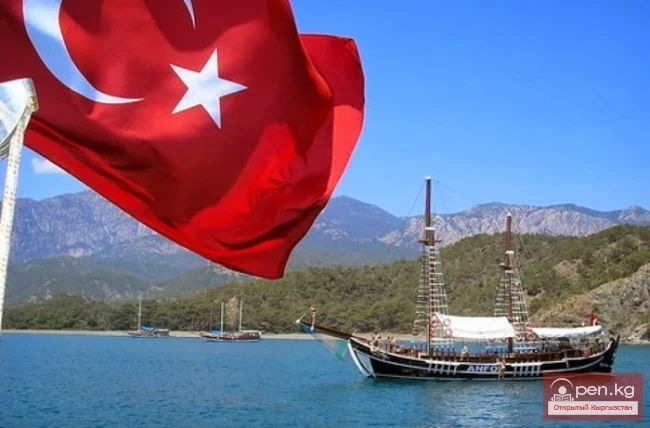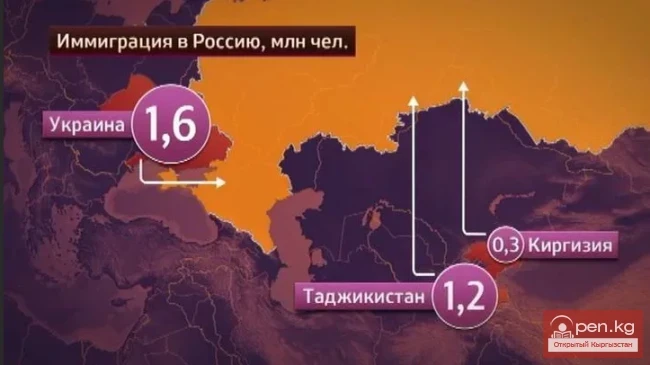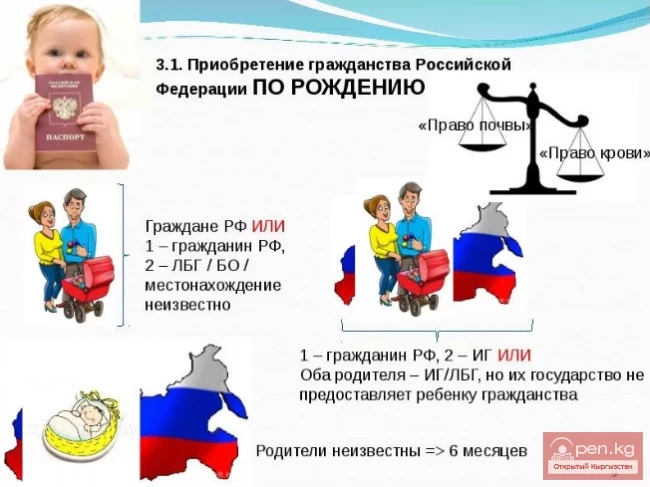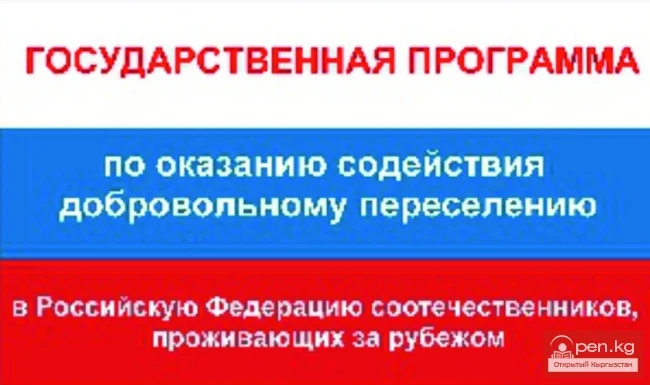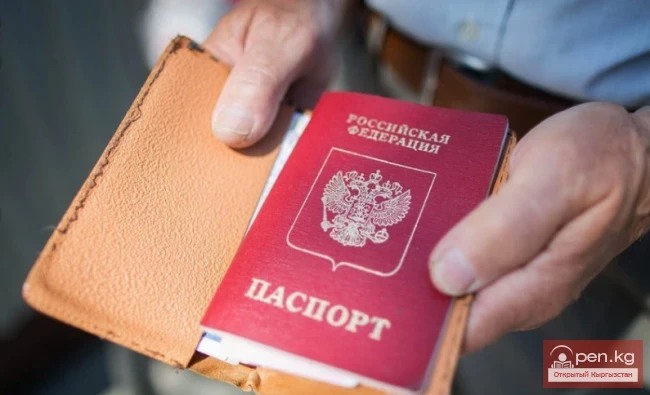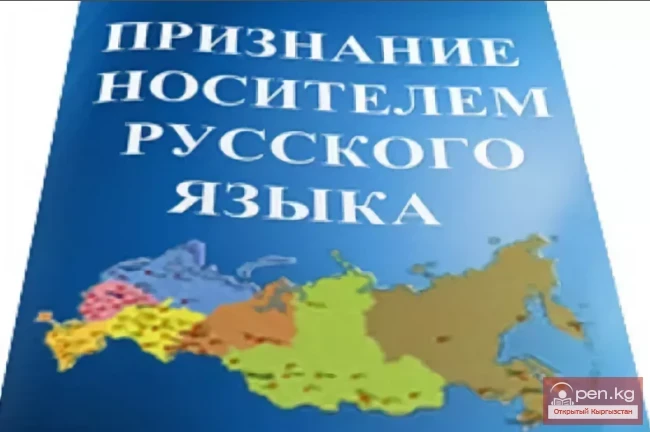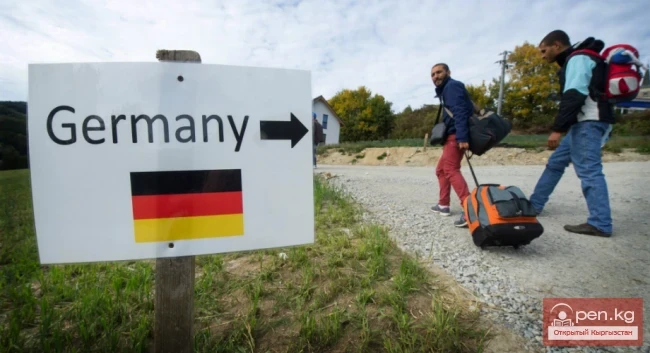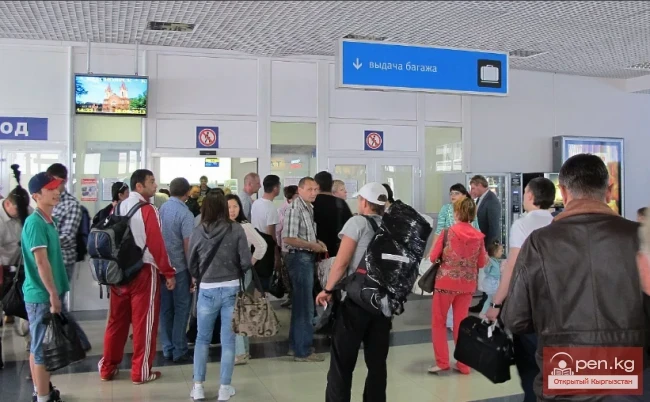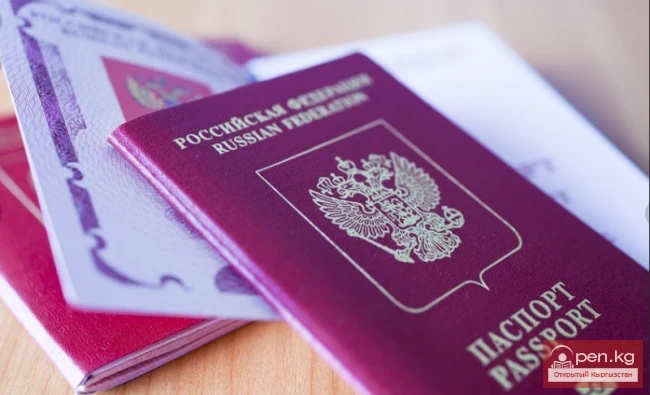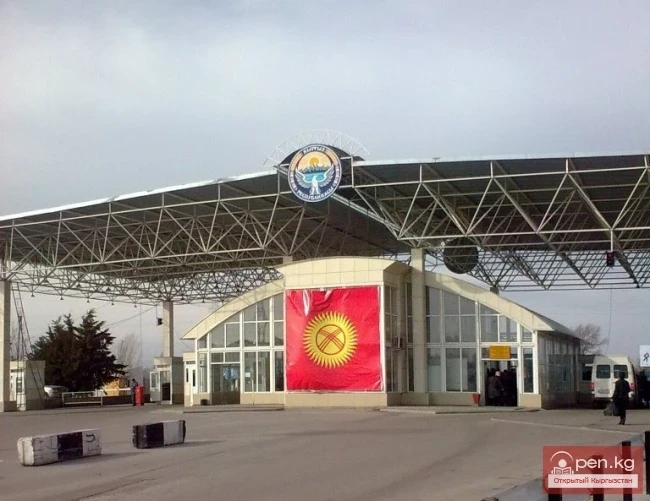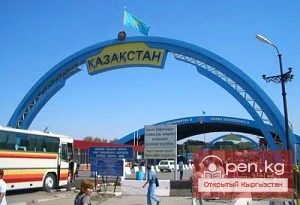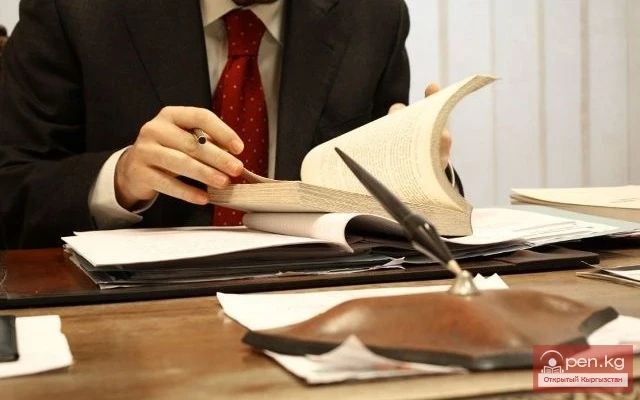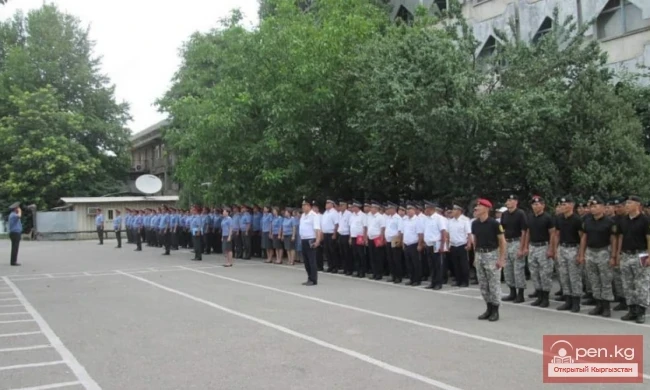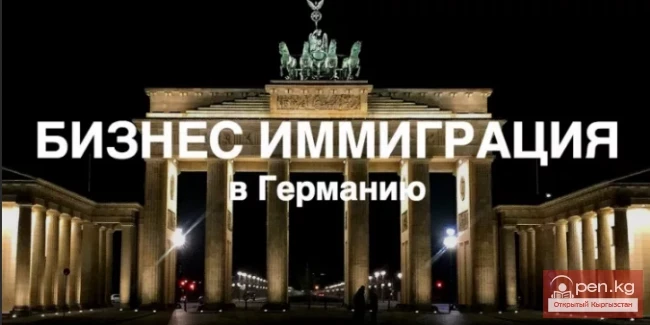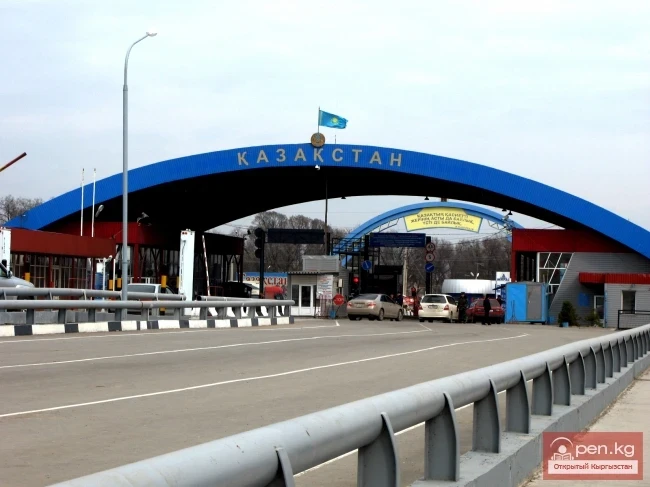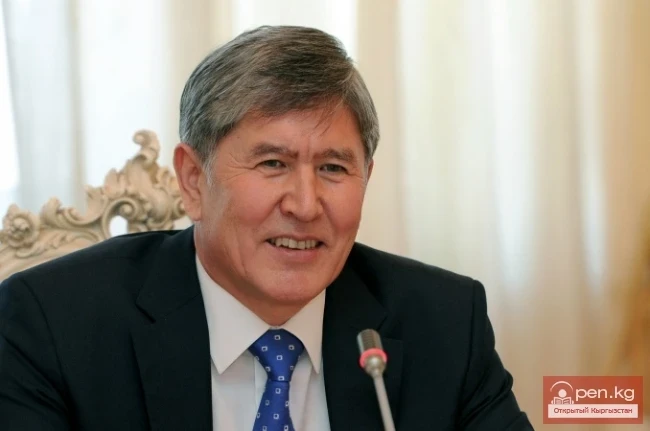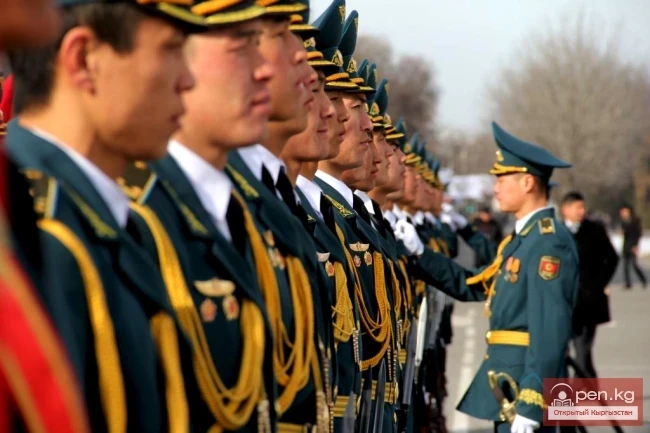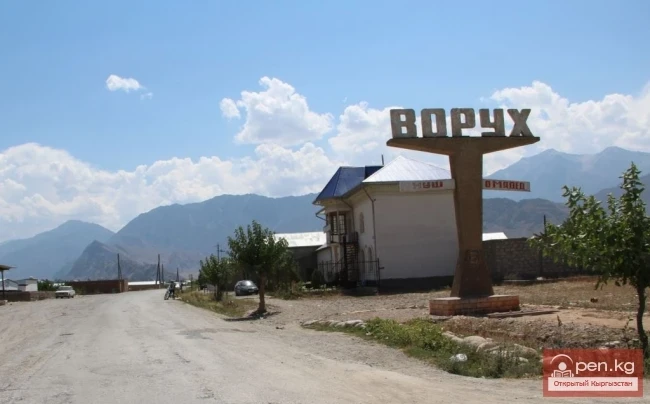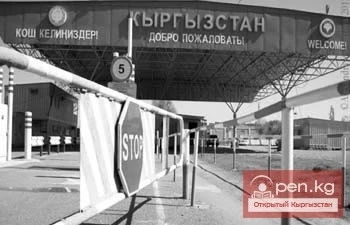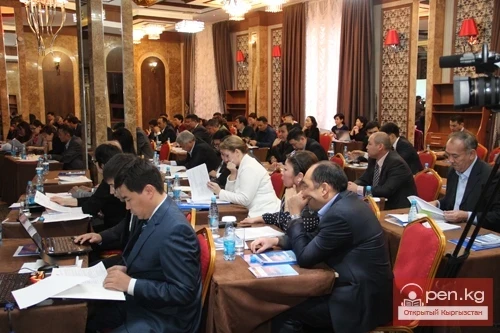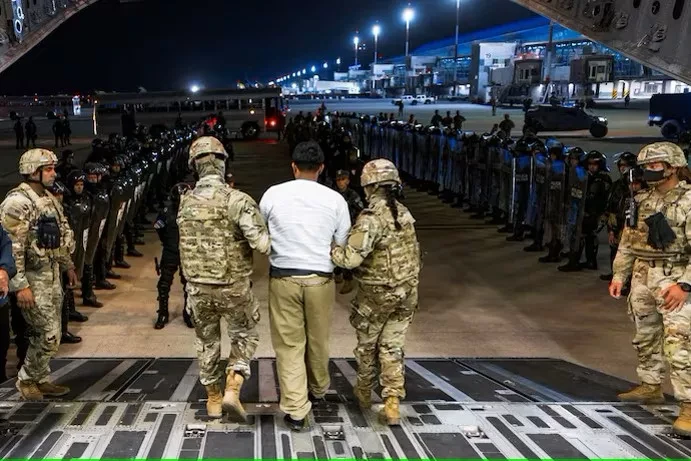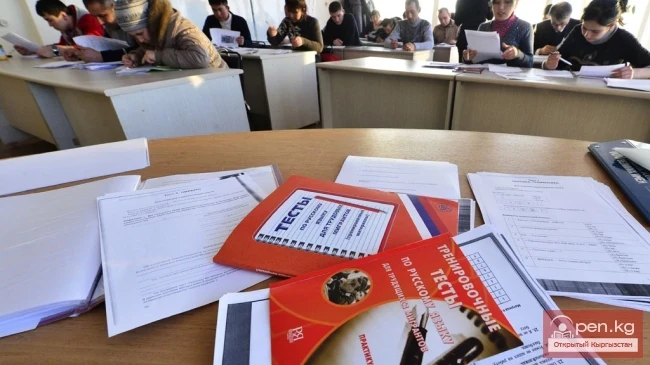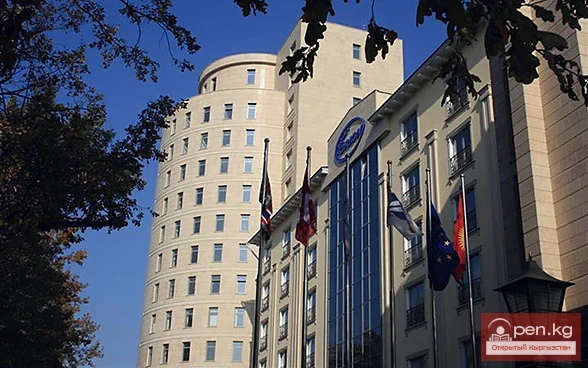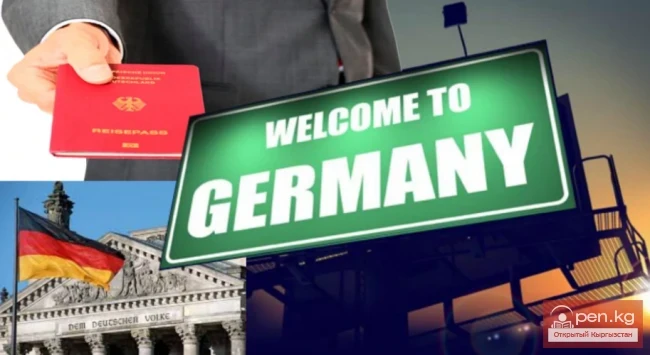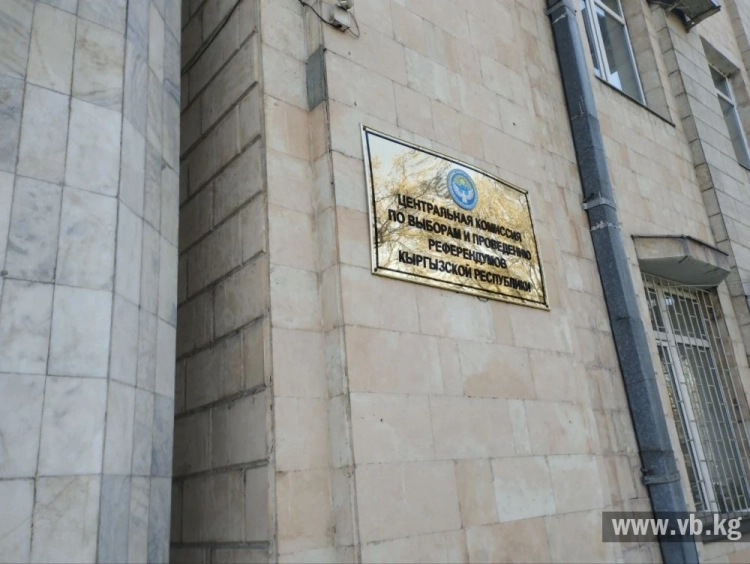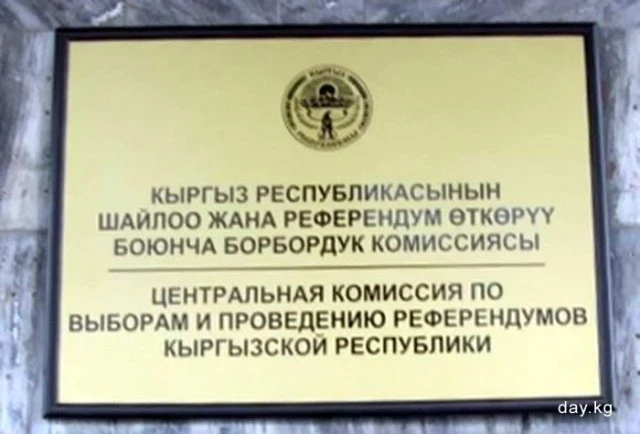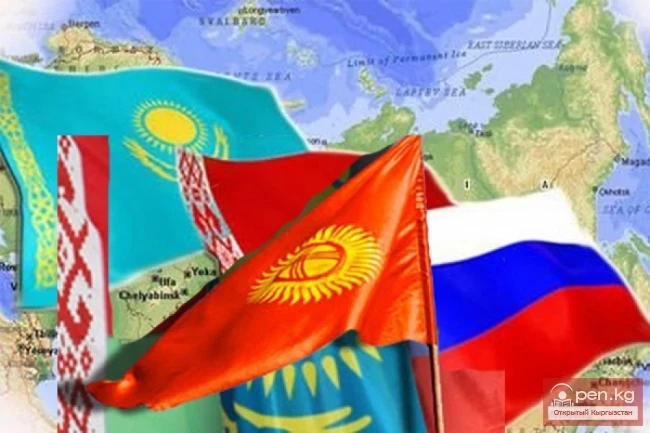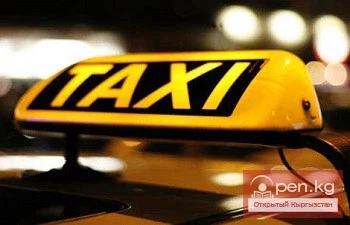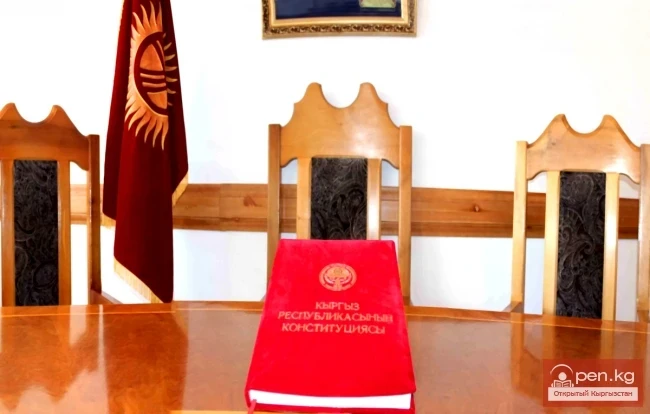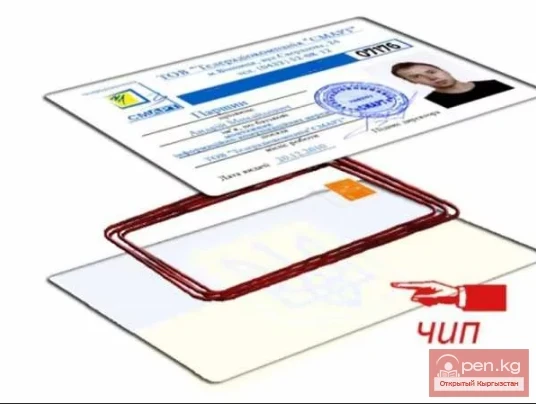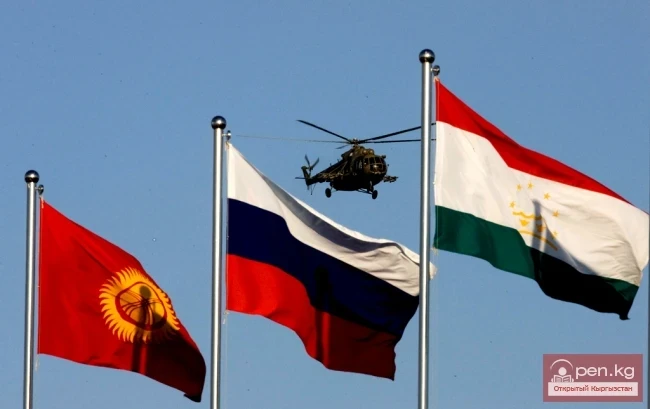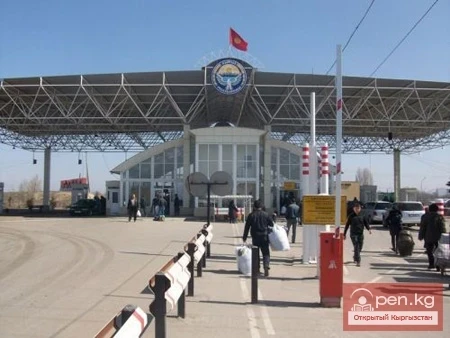
If you intend to cross the state border of the Kyrgyz Republic (hereinafter referred to as KR), you need to KNOW:
- The procedure for crossing the state borders of KR;
- The rules for entry and stay of foreign citizens in the territory of KR (if you are a foreign citizen); - The ways to protect rights and legal interests.
How to legally cross the state borders?
To legally cross the state borders, the following conditions must be met:
- State borders are crossed exclusively through checkpoints (posts) on the state border that are open for international traffic;
- The presence of valid documents that grant the right to cross the state borders.
For citizens of KR, such documents are:
1. Diplomatic passport of KR;
2. Service passport of KR;
3. Citizen's passport of KR (ID-card);
4. General civil passport of KR of the 2004, 2006, and 1994 models with a valid term. (not valid if the validity period of the 1994 passport is extended or indefinite).
5. Birth certificate (if there is an insert with a photograph and data of its owner, who is traveling to Russia, Uzbekistan, and Kazakhstan, along with a notarized petition from legal representatives) for those traveling with parents or official guardians);
6. Certificate for return to KR;
Foreign citizens and stateless persons must have with them:
- valid passports;
- valid visas for KR (for visa-required countries).
Other procedures may be provided by agreements between KR and foreign states, according to which a different list of documents and visa requirements may be established.
FOR INFORMATION:
The list of countries for which citizens, holders of all categories of passports, enjoy a visa-free regime for entry (to KR), exit (from KR), and transit through KR:
1. Under the Agreement of the member states of the Eurasian Economic Union from 2000:
Belarus
Kazakhstan
Russian Federation
Tajikistan
2. Under bilateral agreements between KR and these countries:
Malaysia (up to 30 days), Turkey (up to 90 days), Uzbekistan (up to 60 days), Ukraine (up to 90 days), Mongolia (up to 90 days).
3. The list of states for which a unilateral visa-free regime is introduced for up to 60 days:
1. Commonwealth of Australia
2. Republic of Austria
3. Kingdom of Belgium
4. Bosnia and Herzegovina
5. Vatican
6. United Kingdom of Great Britain and Northern Ireland
7. Hungary
8. Federal Republic of Germany
9. Kingdom of the Netherlands
10. Hellenic Republic
11. Kingdom of Denmark
12. Iceland
13. Ireland
14. Kingdom of Spain
15. Italian Republic
16. Canada
17. Republic of Korea
18. State of Kuwait
19. Republic of Latvia
20. Republic of Lithuania
21. Principality of Liechtenstein
22. Grand Duchy of Luxembourg
23. Republic of Malta
24. Principality of Monaco
25. New Zealand
26. Kingdom of Norway
27. United Arab Emirates
28. Republic of Poland
29. Portuguese Republic
30. Kingdom of Saudi Arabia
31. Republic of Singapore
32. Slovak Republic
33. Republic of Slovenia
34. United States of America
35. Republic of Finland
36. French Republic
37. Republic of Croatia
38. Czech Republic
39. Swiss Confederation
40. Kingdom of Sweden
41. Republic of Estonia
42. State of Qatar
43. State of Brunei Darussalam
44. Kingdom of Bahrain
4. Under bilateral agreements between the former USSR and these countries:
1. Vietnam
2. DPRK
3. Cuba
According to the Government Resolution of KR No. 735 dated December 31, 1999, and No. 262 dated June 4, 2001, a visa-free regime for entry into KR applies to citizens of Japan.
Exempt from registration of identity documents:
- foreign citizens for whom a visa-free regime applies, if their stay in the Kyrgyz Republic does not exceed 60 days (for citizens of the Russian Federation and the Republic of Kazakhstan - 90 days).
- also, during their stay in the Kyrgyz Republic, foreign citizens for whom a simplified visa regime applies are exempt from registration of identity documents if their stay in the Kyrgyz Republic does not exceed 60 days.
AT THE CHECKPOINT:
Upon arrival at the checkpoint, you must undergo several types of control. When crossing the checkpoint, the following types of control are carried out in stages:
1. Special forms of control (phytosanitary, veterinary, quarantine, etc.), which are conducted in special cases when goods subject to such control are transported or during quarantine measures.
2. Customs control - control conducted by the customs service regarding the legality of the movement of goods.
3. Border control - includes:
- verification of documents for validity for crossing the state border;
- stamping passports with date stamps upon crossing the border.
After border control at the checkpoint, the officer of the State Border Service cannot detain you without sufficient grounds. You then proceed to the neighboring country.
In what cases can you be detained or not allowed to cross the state border?
Officials of the State Border Service have the right to detain individuals:
- who violated the regime of the checkpoint and state border;
- who are transporting prohibited items (weapons, drugs, etc. - the list is limited), which do not include goods moved in violation of customs regulations, the control of which is solely the responsibility of the customs service;
- who violated the order of stay and transit of foreign citizens and stateless persons in KR.
Individuals who have committed the aforementioned offenses may be detained for up to three hours for the preparation of a protocol, and in necessary cases for the identification and clarification of the circumstances of the offense - for up to three days, with written notification to the prosecutor within twenty-four hours from the moment of detention.
Officials of the State Border Service have the right to deny entry to a foreign citizen or stateless person into the Kyrgyz Republic on the following grounds:
1) in the absence of a visa or valid document;
2) in the interests of ensuring state security;
3) if it poses a threat to the health, protection of rights and legal interests of citizens of KR and other persons residing in KR;
4) if facts of violations of KR legislation were established during previous stays;
5) if they provided false information or submitted forged documents when applying for entry into KR;
6) if an authorized body of KR has made a decision regarding their inability to stay (reside) in KR, in accordance with the procedure established by the Government of KR;
7) on other grounds established by the legislation of KR.
A refusal of entry when a visa is present must be provided in writing to the applicant by the official of the competent state authority that made the decision, indicating the grounds for refusal. A refusal of entry can be appealed in accordance with the procedure established by the legislation of KR.
Officials of the State Border Service have the right to deny a citizen of KR exit from KR in cases:
1) if there are unresolved alimony issues or unfulfilled obligations.
3) if a criminal case has been initiated against the applicant.
4) if the applicant has been convicted of a crime.
5) if the applicant is evading the fulfillment of obligations imposed on them by a court decision.
6) if the applicant has deliberately provided false information about themselves.
7) if the applicant is subject to conscription for military service.
8) if a civil claim has been filed against the applicant in court.
9) if the applicant has been recognized as a particularly dangerous recidivist by a court decision or is under administrative supervision by the police.
How to protect rights that have been violated by state authorities?
If your rights and interests have been violated, you can use one of the following mechanisms for rights protection:
1. Administrative instances, i.e., appealing decisions (resolutions), actions, and inactions of state officials to a higher authority.
2. The Prosecutor's Office of KR is a state body that supervises the exact and uniform implementation of legislative acts by state bodies, local self-government bodies, legal entities, and individuals. Therefore, you have the right to submit a corresponding appeal to the prosecutor's office.
3. Judicial authorities. Any decisions and actions (and inactions) of state authorities, local self-government bodies, and officials can be appealed in court.
4. You can also seek protection of rights and interests at the office of the Ombudsman of KR, which monitors the observance of constitutional rights and freedoms of individuals and citizens in the territory of KR.
Damage caused by illegal actions of officials is subject to compensation in accordance with the legislation of KR.
Protection procedures can be initiated by writing a statement to the aforementioned authorities or all authorities in parallel;
- A detailed description of the fact of the offense;
- Reference to the violation of a specific norm of KR legislation;
- A request-demand to resolve this issue within the timeframes established by KR legislation.
It is recommended to ensure that the statement is officially accepted by the office with a date of acceptance and the name of the responsible employee assigned to consider your statement.
HOTLINE NUMBERS:
1. Chairman of the State Border Service (SBS) of KR, Lieutenant General MAMYTOV T.B. 0312 54-92-30, 0553 84-03-33
2. Reception of the Chairman of SBS KR, Captain MANIEVA K.U. 0312 54-90-56
3. Deputy Chairman of SBS KR, Colonel USUBALIEV T.K. 0312 54-91-04, 0770 00-74-11
4. Head of the Main Border Control Department (GUBKD), Colonel KELDIBAEV A.Zh. 0312 54-11-07, 0779 10-07-97
5. Deputy Head of GUBKD, Colonel ASAKEEV Turat Almanbetovich 0312 54-11-07, 0773 35-01-00
6. Commander of Military Unit 2002, Colonel ALIMBAEV A.K. 03222 8-76-66, 0770 80-40-04
7. Head of the Border Control Organization Department of Military Unit 2002, Lieutenant Colonel TOKTOSUNOV S.O. 03222 8-71-12, 0779 77-77-87
8. Head of the "Osh-Airport" checkpoint, Captain Samiev T.A. 0772-23-33-17
Operational duty service of the State Border Service of the Kyrgyz Republic
in Osh city tel.: (3222)-8-72-62
in Bishkek city tel.: (312) 548040

